Human evolution news, features and articles
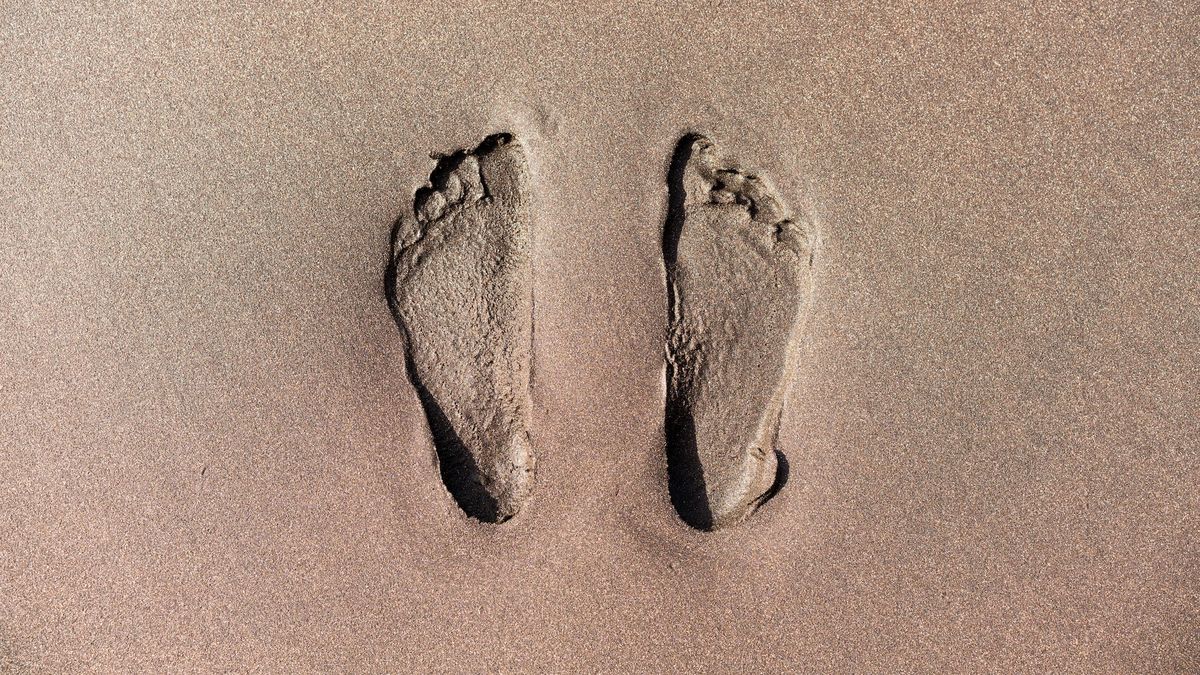
Modern humans belong to the species Homo sapiens, which first emerged at least 300,000 years ago, but possibly as far back as 1 million years ago. And our history goes back much further: the first members of the Homo genus emerged nearly 3 million years ago in Africa.
As technology advances, scientists have been able to piece together how early modern humans arose and migrated around the world, sometimes breeding with close human relatives, such as the Neanderthals and Denisovans.
Even today, humans are still evolving, including in Nepal, where people who have adapted to live in the low-oxygen conditions at high altitudes tend to have more children than those who haven't. Humans may also be evolving through our culture, an idea that learned behaviors we pass on are the "mutations" that can aid survival. Read on to learn more about humans evolved in the past — and continue to do so.
Discover more about human evolution
—Human evolution: Facts about the past 300,000 years of Homo sapiens
—Our mixed-up human family: 8 human relatives that went extinct (and 1 that didn't)
Latest about Human Evolution
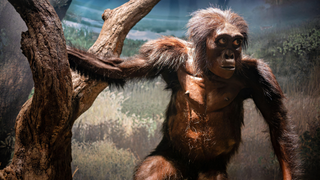
Human origins quiz: How well do you know the story of humanity?
By Sophie Berdugo published
Think you know about our human relatives? Take our quiz to find out — and remember, it's human to make mistakes.
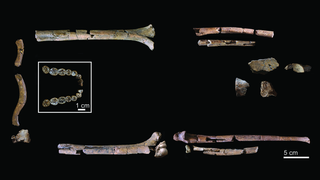
Most complete Homo habilis skeleton ever found dates to more than 2 million years ago and retains 'Lucy'-like features
By Kristina Killgrove published
Scientists have revealed the most complete skeleton yet of our 2 million-year-old ancestor Homo habilis.
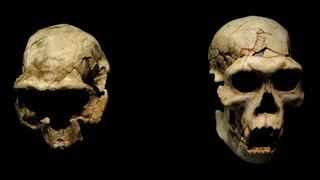
Homo erectus wasn't the first human species to leave Africa 1.8 million years ago, fossils suggest
By Charles Q. Choi published
A new analysis of enigmatic skulls from the Republic of Georgia suggest that Homo erectus wasn't the only human species to leave Africa 1.8 million years ago.
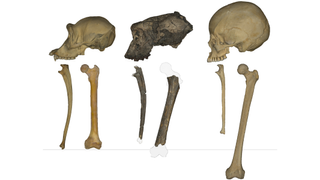
Tiny bump on 7 million-year-old fossil suggests ancient ape walked upright — and might even be a human ancestor
By Sophie Berdugo published
The way Sahelanthropus tchadensis moved has long been debated. The discovery of a small bump on the front of the thigh bone is "beyond convincing" evidence this ape was bipedal.
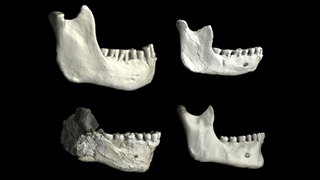
Last common ancestor of modern humans and Neanderthals possibly found in Casablanca, Morocco
By Kristina Killgrove published
A collection of bones from Casablanca holds important new clues to the origins of modern humans and Neanderthals.
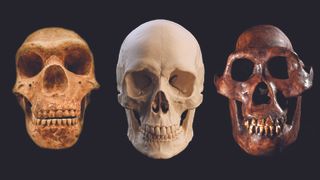
10 things we learned about Neanderthals in 2025
By Kristina Killgrove published
Findings about our extinct relatives, the Neanderthals, continue to surprise us, especially those from 2025.
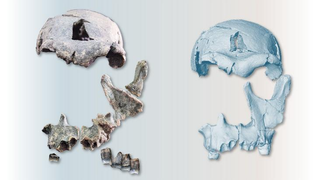
1.5 million-year-old Homo erectus face was just reconstructed — and its mix of old and new traits is complicating the picture of human evolution
By Skyler Ware published
A never-before-seen Homo erectus face reveals a complex picture of early human evolution.

Science history: Anthropologist sees the face of the 'Taung Child' — and proves that Africa was the cradle of humanity — Dec. 23, 1924
By Tia Ghose published
Over a century ago, anthropologist Raymond Dart chipped an ancient skull out of some rock from an ancient quarry — and revealed the face of an ancient human relative.
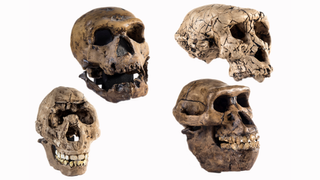
Scientists claim 'Lucy' may not be our direct ancestor after all, stoking fierce debate
By Sophie Berdugo published
Recent fossil finds could mean that "Lucy" wasn't our direct ancestor, some scientists say. Others strongly disagree.

'It is the most exciting discovery in my 40-year career': Archaeologists uncover evidence that Neanderthals made fire 400,000 years ago in England
By Kristina Killgrove published
Archaeologists have found the earliest evidence yet of fire technology — and it was created by Neanderthals in England more than 400,000 years ago.
Get the world’s most fascinating discoveries delivered straight to your inbox.
 Live Science Plus
Live Science Plus





